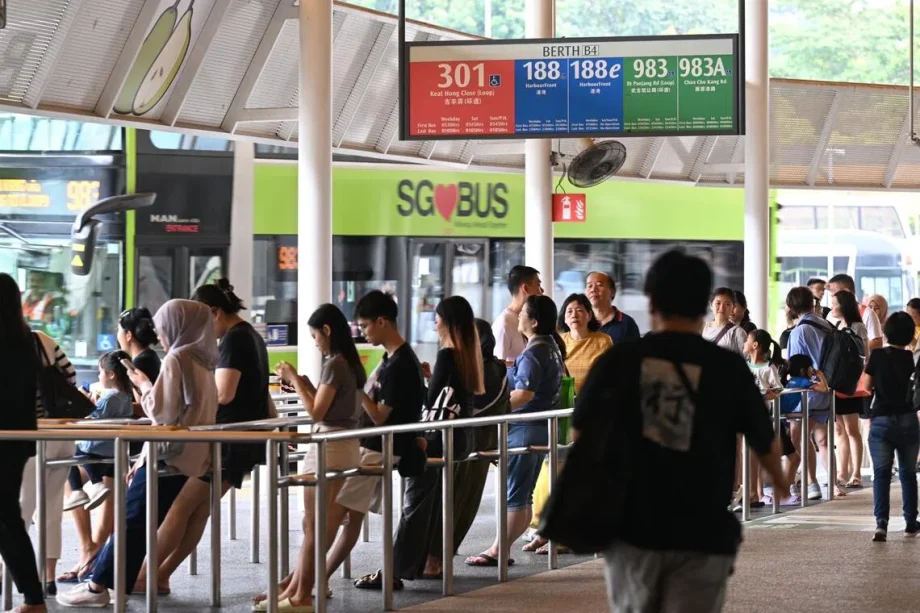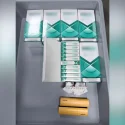SINGAPORE – Disruptive and inconsiderate bus passengers, such as those who litter or cause a nuisance to others by playing loud music, are set to be penalised under new laws passed on Oct 14.
Senior Minister of State for Transport Murali Pillai said in Parliament that the Government intends to regulate the conduct of passengers to prevent inconsiderate behaviour on public buses and at bus interchanges. He cited examples such as eating and drinking, as well as playing loud music and videos on mobile phones.
Those who breach regulations will face penalties in line with how their behaviour affects other bus passengers, with higher penalties for repeat offenders, Mr Murali told the House.
The regulations will be made later and take reference from the Rapid Transit Systems Act, Mr Murali said during the debate on the Transport Sector (Miscellaneous Amendments) Bill.
In March, then Senior Parliamentary Secretary for Transport Baey Yam Keng had said in Parliament that the Government’s powers to manage commuter behaviour on board buses were more limited than for rail. The regulatory framework against inconsiderate behaviour will be aligned across buses and trains by 2026, he added.
The Bill passed on Oct 14 will also allow the authorities to conduct security checks on passengers on public buses and at bus interchanges.
Passengers who refuse to comply with checks, which could include frisk searches and putting their belongings through an X-ray machine, can be asked to leave the premises and fined up to $1,000.
These amendments to the Bus Services Industry Act are part of the Government’s efforts to make the public transport system more secure, said Mr Murali.






